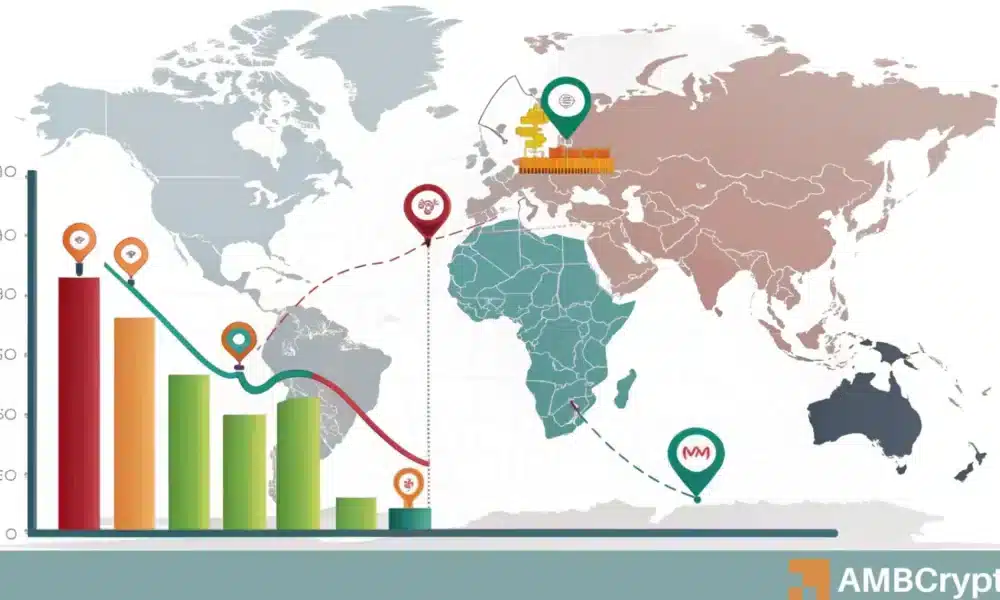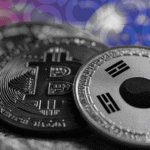- MEXC reports a 200% rise in fraud, with India and Indonesia as key hotspots.
- Low financial literacy fuels vulnerability to crypto scams, even in heavily regulated markets like the U.S.
In a startling revelation, MEXC crypto exchange has reported a staggering 200% jump in fraudulent trading activity during the first quarter of 2025.
The platform uncovered over 80,000 coordinated fraud attempts linked to more than 3,000 syndicates, involving tactics such as market manipulation, wash trading, and the use of predatory trading bots.
India and Indonesia top the list
Notably, India emerged as the epicenter of this surge, with nearly 27,000 suspicious accounts flagged, followed by significant activity in the CIS region and Indonesia.
While India led in volume, Indonesia experienced the sharpest spike, seeing an alarming 1,303% increase in suspicious behavior compared to the previous quarter.
Remarking on the same, Tracy Jin, COO of MEXC, said
“While 2021 was marked by DeFi exploits, 2025 is increasingly characterized by socially engineered market manipulation. We’ve observed a growing number of so-called ‘educational’ trading groups that appear to be coordinated efforts to mislead users.”
She further added,
“This trend highlights the importance of user education and proactive protection, especially for younger investors who may be more susceptible to persuasive but harmful narratives.”
What is causing this rise in trading fraud?
The growing wave of fraud in emerging crypto markets appears deeply rooted in a lack of financial awareness among users.
As user adoption accelerates, particularly in regions like India, the gap between platform use and financial literacy widens.
A February 2025 report from the National Centre for Financial Education also revealed that just 27% of Indian adults possess basic financial literacy, well below the global average of 42%.
Among millennials, the disparity is even more pronounced, wherein confidence in their financial know-how often outweighs actual understanding, with only 19% meeting literacy benchmarks.
This disconnect leaves users vulnerable to scams and jeopardizes long-term faith in the digital asset ecosystem.
Not the first time!
That being said, the recent uptick in fraudulent activity on MEXC isn’t an isolated event.
This follows a pattern the exchange has observed in previous quarters, particularly involving users from regions like the CIS and Vietnam, underscoring the regional and cyclical nature of crypto-related fraud.
Crucially, these challenges extend beyond just emerging economies.
Even in the U.S., regulatory shifts haven’t fully curbed crypto crime.
Despite a leadership change at the SEC, from Gary Gensler to Paul Atkins, the agency recently brought charges against Unicoin and three of its top executives for allegedly misleading investors and raising over $100 million through deceptive promises.
This highlights that fraud remains a global threat, demanding stronger oversight and more robust investor education.







